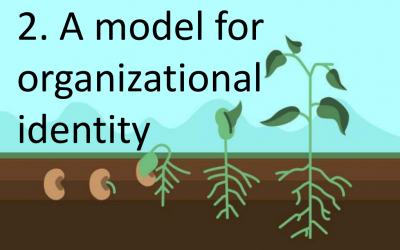Innovative Strategies
In the U.S., Asian and Pacific Islander organizational responses to domestic violence have their beginnings in the early 1980s, when programs such as Asian Women’s Shelter in San Francisco, Center for Pacific Asian Families in Los Angeles, Manavi in New Jersey, Womankind in New York City, and others lent momentum to the movement. During this era, Asian and Pacific Islander advocates, many of whom had already been involved in the national anti-domestic violence movement, questioned the lack of accesses to mainstream programs API women encountered. Many founded API-specific programs, adapting existing models, designing a variety of programmatic responses, incorporating cultural contexts, and developing innovative practices and policies out of design and necessity. These programs reflected a broad range of local or regional responses to meet the needs of pan-Asian communities; or specific Asian ethnic groups; and immigrants and refugees.
Related Resources
Faithful Allies: Working with Christian Leaders
This tipsheet 1-pager, developed by Korean American Family Services (KFAM) describes some suggested practices for working with faith leaders on DV/SV response and prevention.
Faithful Allies: Working with Christian Leaders
Almost 70-80% of Korean immigrants in the U.S. reports that they attend church regularly. Korean American Family Services (KFAM) has encountered so many survivors whose faith play a very important role for their journey to healing. Because of this reason, KFAM has been working with the Korean faith community for about 8 years in order to make our community more welcoming to survivors and to train faith leaders to become supportive first responders. Through this webinar, KFAM will share our work with faith leaders, our strategy and the impact of our work.
Trauma-Informed Care for AAPI Survivors: 3-Part Webinar Series
Presented in collaboration with four AAPI community organizations and shelters, this webinar series explores the impacts of trauma on AAPI survivors and communities. Presenters share insight about working with survivors in shelter and through immigration and legal cases; and discuss best practices for providing culturally-specific, trauma-informed services, particularly within the context of COVID-19.
Building Our Communities: Organizational Sustainability
Originally presented in two parts, this workshop is designed to help increase the organizational capacity of agencies serving culturally specific and underserved communities. As we rarely get time to talk about our organizations, these slides consider how they can be healthier, what sustainability means and includes, and ways to adapt models in a way that aligns with our values, culture and what we want to accomplish.
Other Resources
Creative Interventions: Toolkits and other resources for advocates and communities



